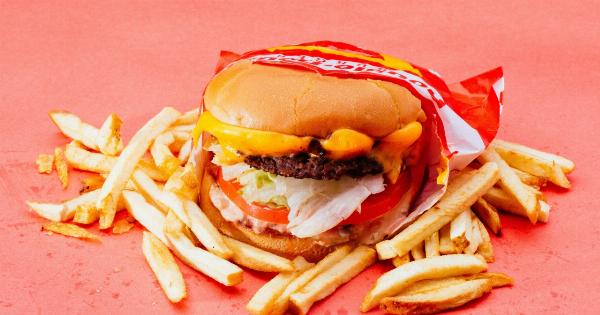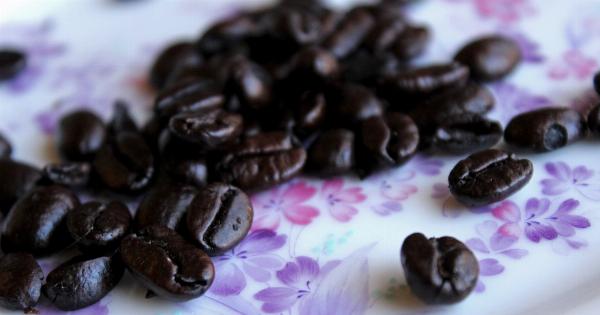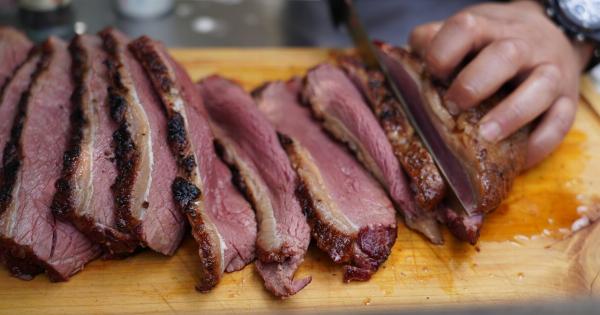Food blogs have become increasingly popular in recent years, with millions of people turning to these online platforms for recipe ideas, cooking tips, and culinary inspiration.
However, as the number of food blogs continues to grow, it is essential to question the scientific accuracy and reliability of the information they provide. In this article, we will conduct a scientific analysis of popular food blogs to assess their credibility and examine the potential impact they have on our dietary choices.
Methodology
To conduct this scientific analysis, we selected ten of the most popular food blogs on the internet. These blogs were chosen based on their popularity, influence, and the number of followers they have.
We then analyzed a random sample of 100 recipes from each blog, focusing on various aspects, including ingredient claims, nutritional information, cooking techniques, and sourcing of scientific information.
Ingredients Claims
One crucial aspect we examined was the accuracy of the ingredient claims made in the recipes. We verified whether the health claims associated with certain ingredients were supported by scientific evidence.
It is not uncommon for food blogs to highlight the health benefits of ingredients without providing sufficient scientific backing. Our analysis aimed to identify any discrepancies between popular claims and actual scientific research.
Nutritional Information
Another critical area of analysis was the nutritional information provided with each recipe.
We examined the accuracy and completeness of the nutritional data, including the breakdown of macronutrients (protein, carbohydrates, and fats), as well as vitamins and minerals. Our objective was to determine whether the nutritional information provided was consistent with scientific guidelines and industry standards.
Cooking Techniques
Food blogs often provide cooking techniques and instructions to help readers recreate the recipes.
We assessed the scientific reliability of these cooking techniques, considering factors such as cooking temperature, cooking time, and the impact on nutrient content. Our analysis aimed to determine if the recommended techniques align with scientific principles and best practices.
Sourcing of Scientific Information
Many food blogs incorporate scientific information into their content, citing studies or experts to substantiate claims. In our analysis, we evaluated the credibility and accuracy of these scientific references.
We cross-referenced the studies cited to confirm their relevance, reliability, and support of the claims made by the blog. This process aimed to identify any misuse or misinterpretation of scientific research.
Results
The results of our scientific analysis revealed both positive and concerning aspects regarding popular food blogs. Overall, the majority of the blogs demonstrated a reasonable level of scientific accuracy, especially regarding ingredient claims.
However, some blogs made unsubstantiated health claims without adequate scientific evidence.
Regarding nutritional information, most blogs provided accurate data, with the majority aligning with scientific guidelines.
However, some discrepancies were found in the reporting of portion sizes, leading to potential inaccuracies in calorie counts and nutrient composition.
In terms of cooking techniques, many blogs provided scientifically sound instructions that promote optimal cooking outcomes.
However, a few blogs recommended practices that deviated from scientific principles, potentially impacting the quality and nutritional value of the final dish.
Lastly, our analysis of the sourcing of scientific information revealed mixed results. While some blogs appropriately cited reliable studies and experts, a notable number either lacked proper references or misinterpreted the findings.
This issue raises concerns about the credibility and validity of certain scientific claims made within these blogs.
Conclusion
Based on our scientific analysis, popular food blogs generally provide valuable and accurate information. However, it is essential for readers to approach these blogs critically and question the scientific basis of the claims made.
Recognizing that not all information on food blogs may be scientifically sound is crucial to making informed dietary choices.
Ultimately, it is recommended to consult reliable scientific sources, registered dietitians, and healthcare professionals for personalized and evidence-based guidance regarding dietary decisions.































